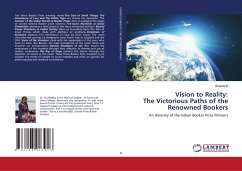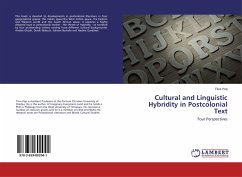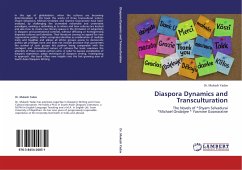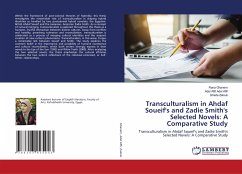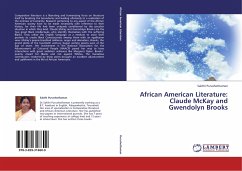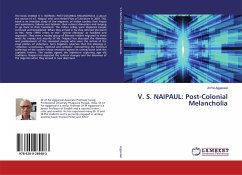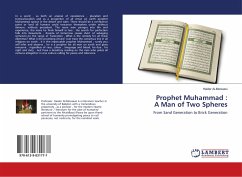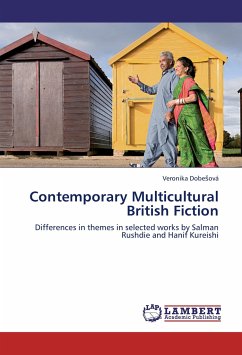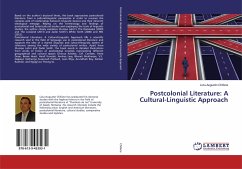
Postcolonial Literature: A Cultural-Linguistic Approach
Versandkostenfrei!
Versandfertig in 6-10 Tagen
55,99 €
inkl. MwSt.

PAYBACK Punkte
28 °P sammeln!
Based on the author's doctoral thesis, this book approaches postcolonial literature from a cultural-linguistic perspective in order to uncover the complex web of relationships between linguistic devices and their inherent ideological message. Relying on the terminology and findings of postcolonial and (inter)cultural studies and employing the tools of linguistic studies, the author closely examines Jhumpa Lahiri's The Namesake (2003) and The Lowland (2013) and Zadie Smith's White Teeth (2000) and NW (2012). Postcolonial Literature: A Cultural-Linguistic Approach fills a scientific research voi...
Based on the author's doctoral thesis, this book approaches postcolonial literature from a cultural-linguistic perspective in order to uncover the complex web of relationships between linguistic devices and their inherent ideological message. Relying on the terminology and findings of postcolonial and (inter)cultural studies and employing the tools of linguistic studies, the author closely examines Jhumpa Lahiri's The Namesake (2003) and The Lowland (2013) and Zadie Smith's White Teeth (2000) and NW (2012). Postcolonial Literature: A Cultural-Linguistic Approach fills a scientific research void in the field of language use in postcolonial literature and supports the idea of a shared linguistic and cultural-linguistic system of reference among the wide variety of postcolonial writers. Apart from Jhumpa Lahiri and Zadie Smith, the book excels in detailed illustrations from works of fiction of postcolonial novelists representing different geographical and cultural spaces (Chinua Achebe, J.M. Coetzee, Anita Desai, Bessie Head, Hanif Kureishi, Andrea Levy, Bharati Mukherjee, V.S. Naipaul, Katharine Susannah Prichard, Jean Rhys, Arundhati Roy, Salman Rushdie, and Ng g wa Thiong'o).



